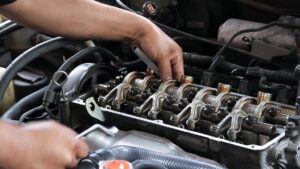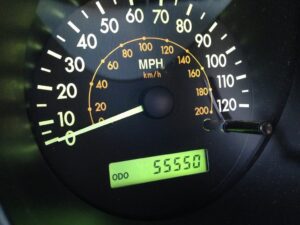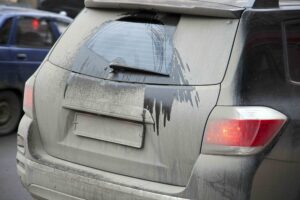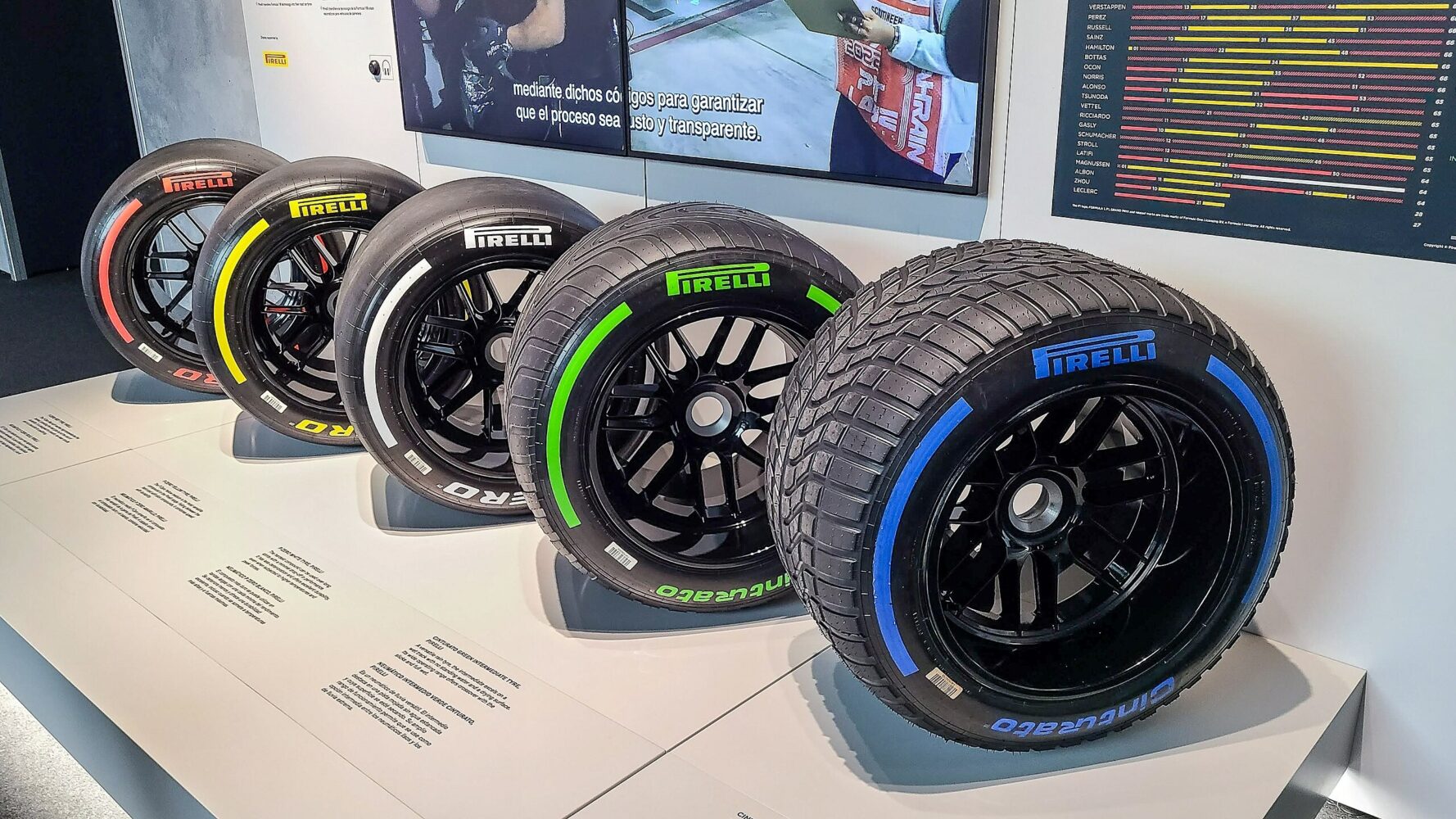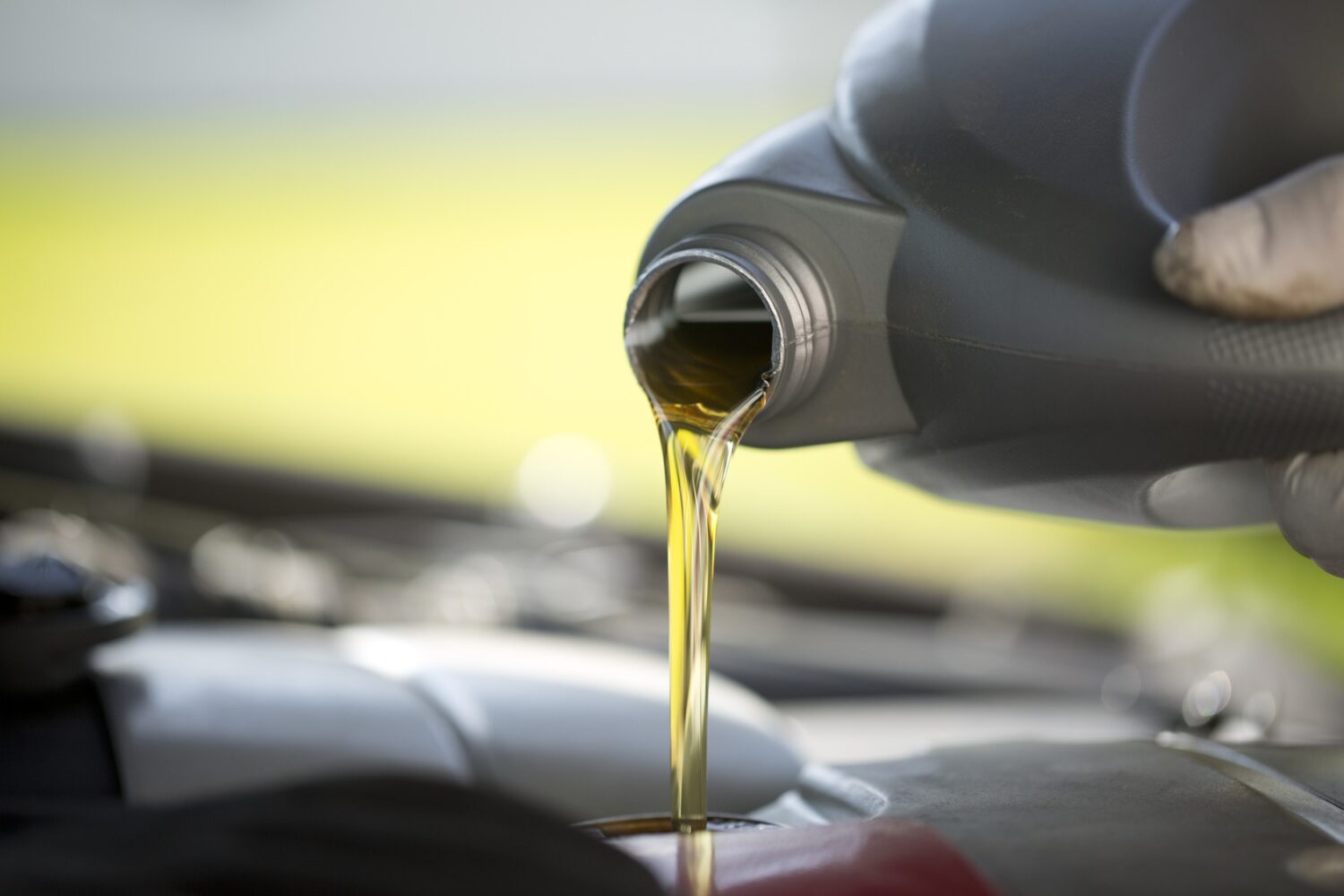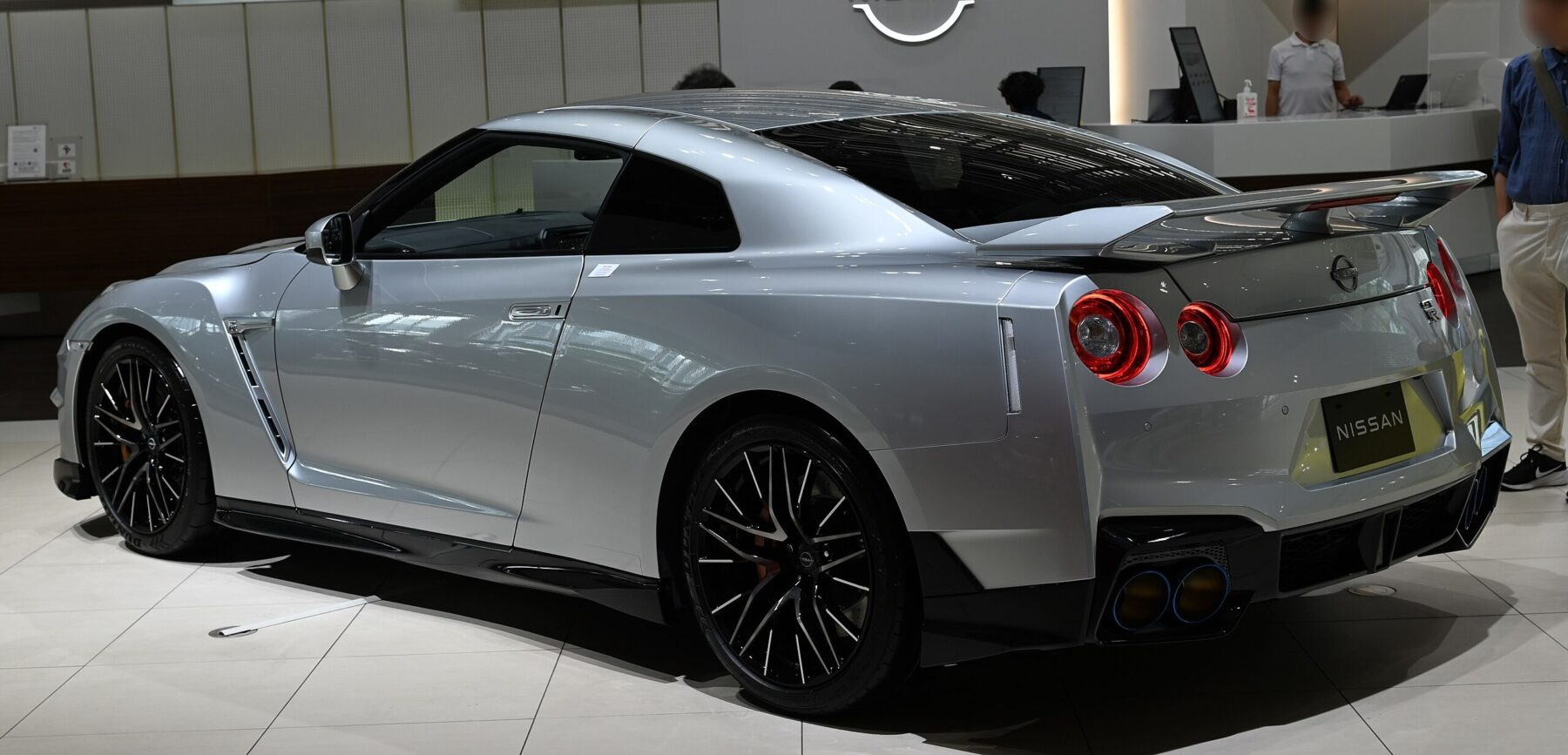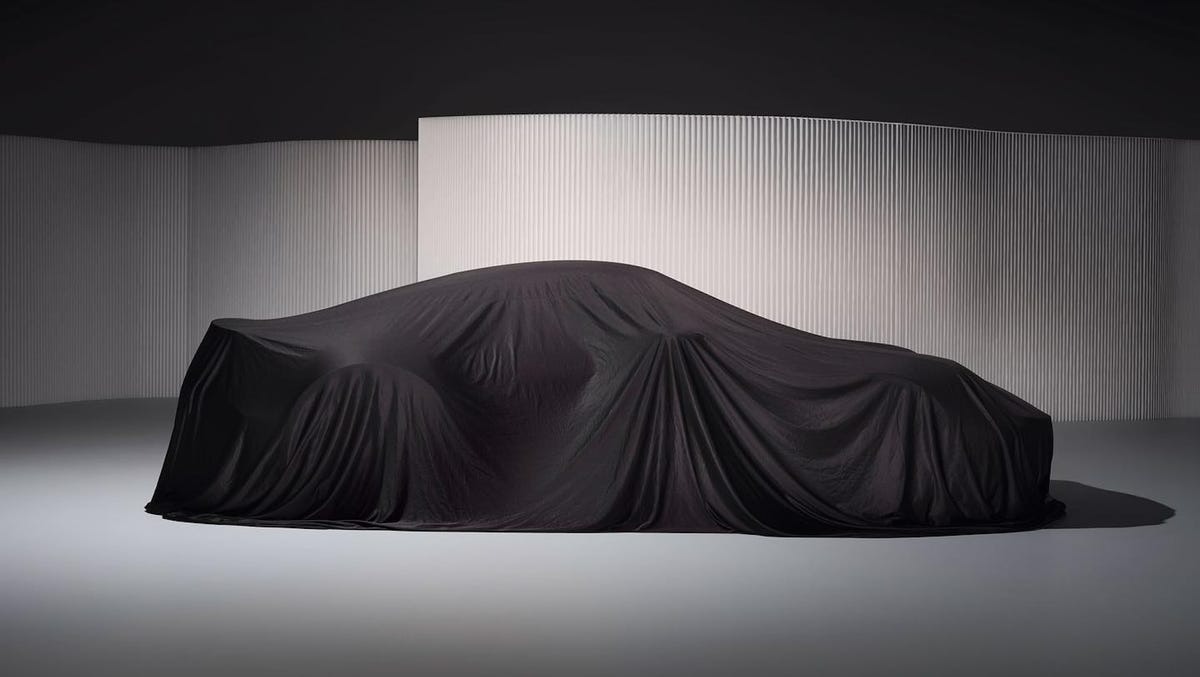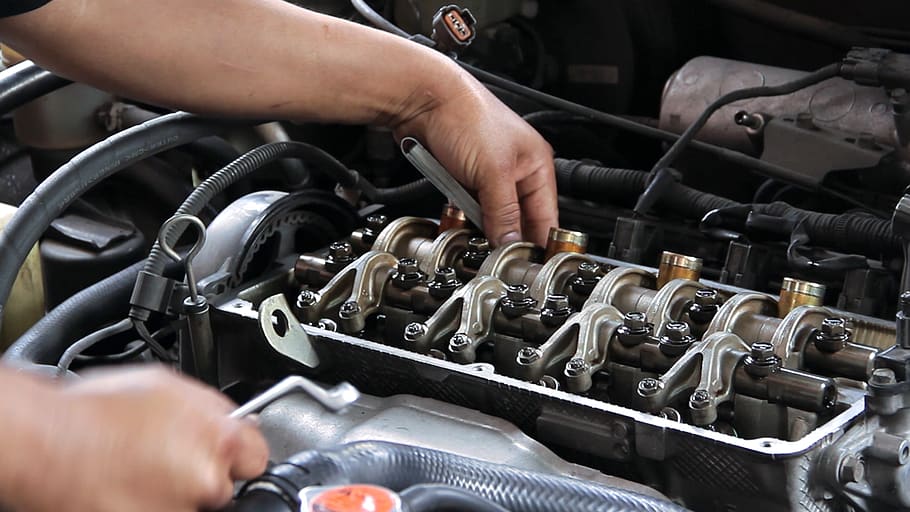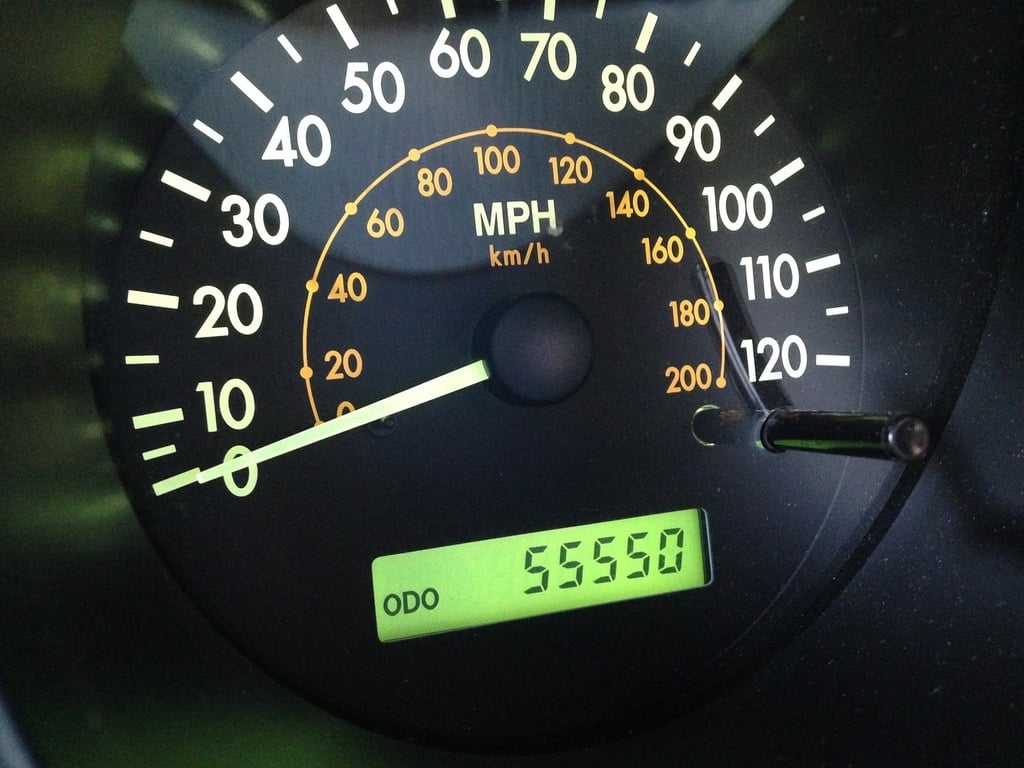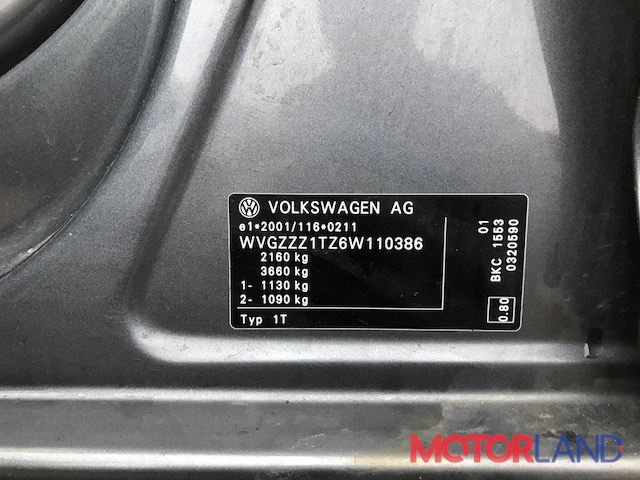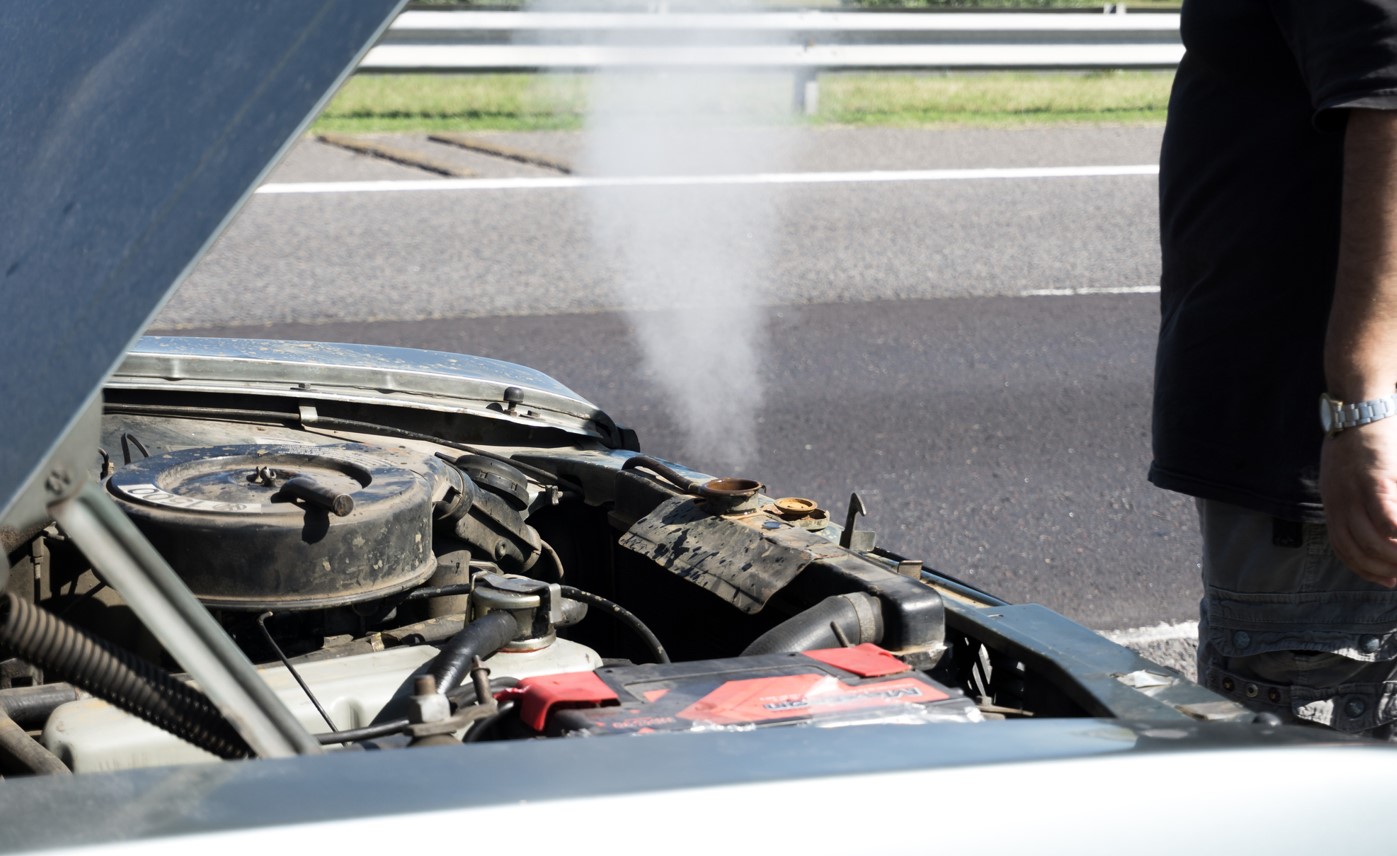Ever been cruising down the road, windows down, enjoying the ride, only to be interrupted by an unsettling creak emanating from your car? You’re not alone! That mysterious creaking sound can be a real head-scratcher, leaving you wondering, “What’s that noise, and is it serious?” This guide is for every driver who’s ever experienced the automotive symphony of creaks, groans, and moans. We’ll demystify the common causes, explain why they matter, and provide practical steps you can take to diagnose and address the issue. Buckle up, because we’re about to dive deep into the world of car creaks!
Key Takeaways:
- Creaking sounds in your car often indicate worn or failing components, especially in the suspension or chassis.
- Ignoring these sounds can lead to more significant damage and costly repairs down the road.
- Simple inspections and maintenance can often prevent or mitigate creaking issues.
- Understanding the source of the creak can help you communicate effectively with your mechanic.
Understanding the Basics of Why Your Car Creaks
Think of your car as a complex orchestra of interconnected parts. When everything is in harmony, the ride is smooth and quiet. But when one instrument (or component) is out of tune, you start to hear unwanted noises. Creaking is often the sound of friction – metal rubbing against metal, rubber deteriorating, or components straining under stress.
Common culprits include:
- Suspension Components: Ball joints, control arm bushings, sway bar links, and shock absorbers are all subject to wear and tear. As they age, they can dry out, lose lubrication, and develop play, leading to creaking sounds, especially when going over bumps or turning.
- Chassis Flex: The car’s frame or unibody can flex slightly, especially on uneven surfaces. This flexing can cause components to rub against each other, resulting in creaks.
- Body Mounts: These rubber isolators cushion the body from the frame. When they deteriorate, the body can shift and creak against the frame.
- Steering Components: Tie rod ends and other steering linkage parts can also creak when worn.
Imagine a squeaky door hinge. The same principle applies to your car’s suspension. Lack of lubrication and increased friction are the primary causes.
Importance and Implications
Why should you care about a little creaking? Because it’s often an early warning sign of a bigger problem. Ignoring these sounds can have several negative consequences:
- Reduced Performance: Worn suspension components can negatively impact handling, braking, and overall ride quality.
- Increased Wear and Tear: A creaking component can put stress on other parts, accelerating their wear.
- Safety Concerns: In extreme cases, a failing suspension component can compromise safety, especially during emergency maneuvers.
- Costly Repairs: Addressing the issue early can prevent more extensive and expensive repairs later.
Think of it like a toothache. Ignoring it won’t make it go away; it will only get worse and require more invasive treatment.
Practical Applications or Strategies
Here’s what you can do to address those unsettling creaks:
- Listen Carefully: Pay attention to when and where the creaking occurs. Does it happen when going over bumps, turning, or braking? This information can help you narrow down the source.
- Visual Inspection: Check the suspension components for signs of wear, such as cracked or torn rubber bushings, leaks, or excessive play.
- Lubrication: Sometimes, a simple application of grease or lubricant can silence a creaking joint. However, be sure to use the correct type of lubricant for the specific component.
- Professional Inspection: If you’re unsure about the source of the creak or lack the necessary tools and expertise, take your car to a trusted mechanic for a thorough inspection.
- Regular Maintenance: Following your car’s recommended maintenance schedule can help prevent creaking issues by ensuring that components are properly lubricated and inspected.
Common Pitfalls to Avoid:
- Ignoring the noise and hoping it will go away.
- Attempting repairs without the proper knowledge or tools.
- Using the wrong type of lubricant.
Expert Insights and Case Studies
According to John Doe, a seasoned mechanic with 30 years of experience, “Creaking sounds are often the first sign that a suspension component is nearing the end of its life. Regular inspections and timely replacements can save you a lot of headaches and money in the long run.”
Case Study: A customer complained of a persistent creaking sound coming from the front of their car when going over bumps. After a thorough inspection, it was discovered that the sway bar links were worn and loose. Replacing the sway bar links eliminated the creaking and restored the car’s handling.
Diagnosing Creaks Based on Location
Pinpointing the location of the creak can significantly aid in diagnosis:
- Front End Creaks: Often related to suspension components like ball joints, control arm bushings, or sway bar links. Steering components can also be the source.
- Rear End Creaks: Similar to the front, but also consider leaf spring bushings (if equipped) and rear shock absorbers.
- Creaks While Turning: Could indicate worn CV joints (especially on front-wheel-drive vehicles) or power steering components.
- Creaks Over Bumps: Almost always related to suspension components.
Conclusion:
Creaking sounds in your car are more than just an annoyance; they’re often a sign that something needs attention. By understanding the common causes, performing regular inspections, and seeking professional help when needed, you can keep your car running smoothly and safely for years to come. Don’t ignore the symphony of creaks – listen to your car, and it will tell you what it needs!
Frequently Asked Questions:
What is why does my car creak when I drive?
Creaking sounds in your car are typically caused by friction between worn or unlubricated components, often in the suspension or chassis.
Why is why does my car creak when I drive important for Everyone?
Ignoring creaking sounds can lead to more significant damage, reduced performance, safety concerns, and costly repairs.
How can I apply the concepts of why does my car creak when I drive in my context?
Start by listening carefully to the sounds your car makes, performing visual inspections of suspension components, and seeking professional help when needed.
Where can I learn more about why does my car creak when I drive?
Consult your car’s owner’s manual, online automotive forums, and trusted mechanics for more information.



